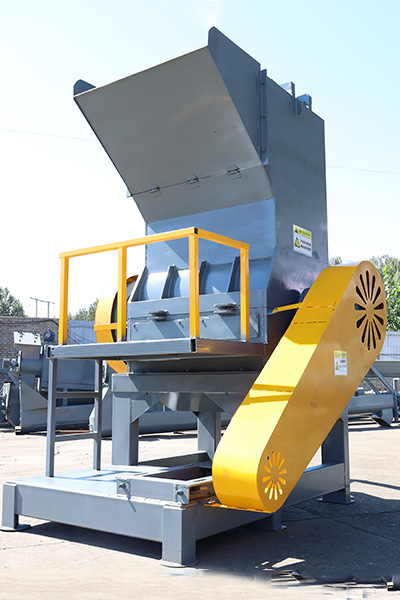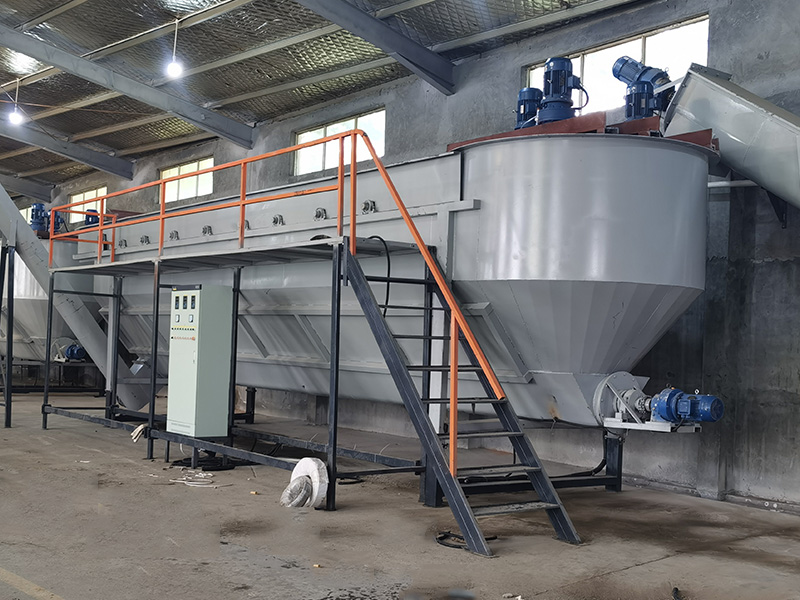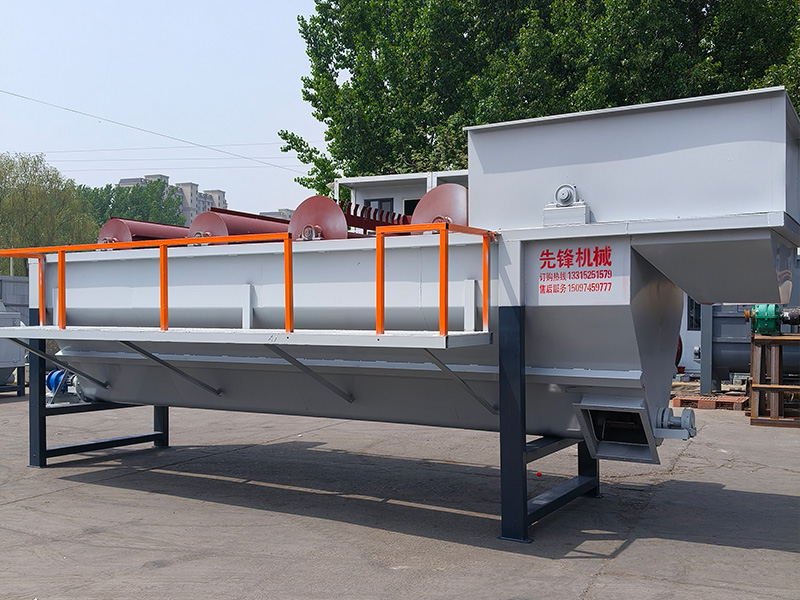Understanding the Importance of Crushers in Material Processing
Crushers are vital components in the manufacturing and processing machinery sector, particularly in the realm of crushing and sorting equipment. Their primary function is to reduce the size of large materials into smaller, more manageable pieces, facilitating further processing and use. This is crucial across various industries, including mining, construction, recycling, and waste management.
Ther
Jun 30,2025

Crushers are vital components in the manufacturing and processing machinery sector, particularly in the realm of crushing and sorting equipment. Their primary function is to reduce the size of large materials into smaller, more manageable pieces, facilitating further processing and use. This is crucial across various industries, including mining, construction, recycling, and waste management.
There are several types of crushers, each designed to handle specific materials and achieve particular size reductions. The most common types include jaw crushers, cone crushers, impact crushers, and hammer mills. Jaw crushers are known for their ability to handle hard materials and provide a solid first stage of crushing. They use a compressive force to break rocks and ores, making them ideal for primary crushing. Cone crushers, on the other hand, are typically used for secondary or tertiary crushing and are effective in producing a finer material size.
Impact crushers utilize high-speed impact to break down materials, making them suitable for softer rocks and recycling applications. Hammer mills, with their rotating hammers, provide a more versatile approach to crushing, accommodating a variety of materials and sizes.
The advantages of using crushers are numerous. They not only facilitate efficient material handling but also enhance the overall productivity of processing operations. By reducing material size, crushers enable easier transportation and storage, which can lead to significant cost savings. Additionally, proper material sizing can improve the efficiency of subsequent processing stages, such as screening and separation, ensuring that the final product meets industry standards.
Moreover, the environmental impact of using crushers should not be overlooked. By enabling the recycling of materials and reducing waste, crushers play a significant role in sustainable manufacturing practices. Efficient crushing processes can minimize the ecological footprint of industrial operations, aligning with global efforts to promote environmental responsibility.
In summary, crushers are indispensable in the manufacturing and processing machinery industry. Their ability to reduce material size effectively contributes to improved productivity, cost savings, and environmental sustainability. Understanding the various types of crushers and their applications can help professionals make informed decisions regarding equipment selection and operational strategies. As industries continue to evolve, the role of crushers will remain critical in meeting the demands of modern manufacturing and processing challenges.
There are several types of crushers, each designed to handle specific materials and achieve particular size reductions. The most common types include jaw crushers, cone crushers, impact crushers, and hammer mills. Jaw crushers are known for their ability to handle hard materials and provide a solid first stage of crushing. They use a compressive force to break rocks and ores, making them ideal for primary crushing. Cone crushers, on the other hand, are typically used for secondary or tertiary crushing and are effective in producing a finer material size.
Impact crushers utilize high-speed impact to break down materials, making them suitable for softer rocks and recycling applications. Hammer mills, with their rotating hammers, provide a more versatile approach to crushing, accommodating a variety of materials and sizes.
The advantages of using crushers are numerous. They not only facilitate efficient material handling but also enhance the overall productivity of processing operations. By reducing material size, crushers enable easier transportation and storage, which can lead to significant cost savings. Additionally, proper material sizing can improve the efficiency of subsequent processing stages, such as screening and separation, ensuring that the final product meets industry standards.
Moreover, the environmental impact of using crushers should not be overlooked. By enabling the recycling of materials and reducing waste, crushers play a significant role in sustainable manufacturing practices. Efficient crushing processes can minimize the ecological footprint of industrial operations, aligning with global efforts to promote environmental responsibility.
In summary, crushers are indispensable in the manufacturing and processing machinery industry. Their ability to reduce material size effectively contributes to improved productivity, cost savings, and environmental sustainability. Understanding the various types of crushers and their applications can help professionals make informed decisions regarding equipment selection and operational strategies. As industries continue to evolve, the role of crushers will remain critical in meeting the demands of modern manufacturing and processing challenges.
TAG:
Contact Us
E-mail :
Phone/WhatsApp:
Address:
Shunping, Baoding City, Hebei Province









